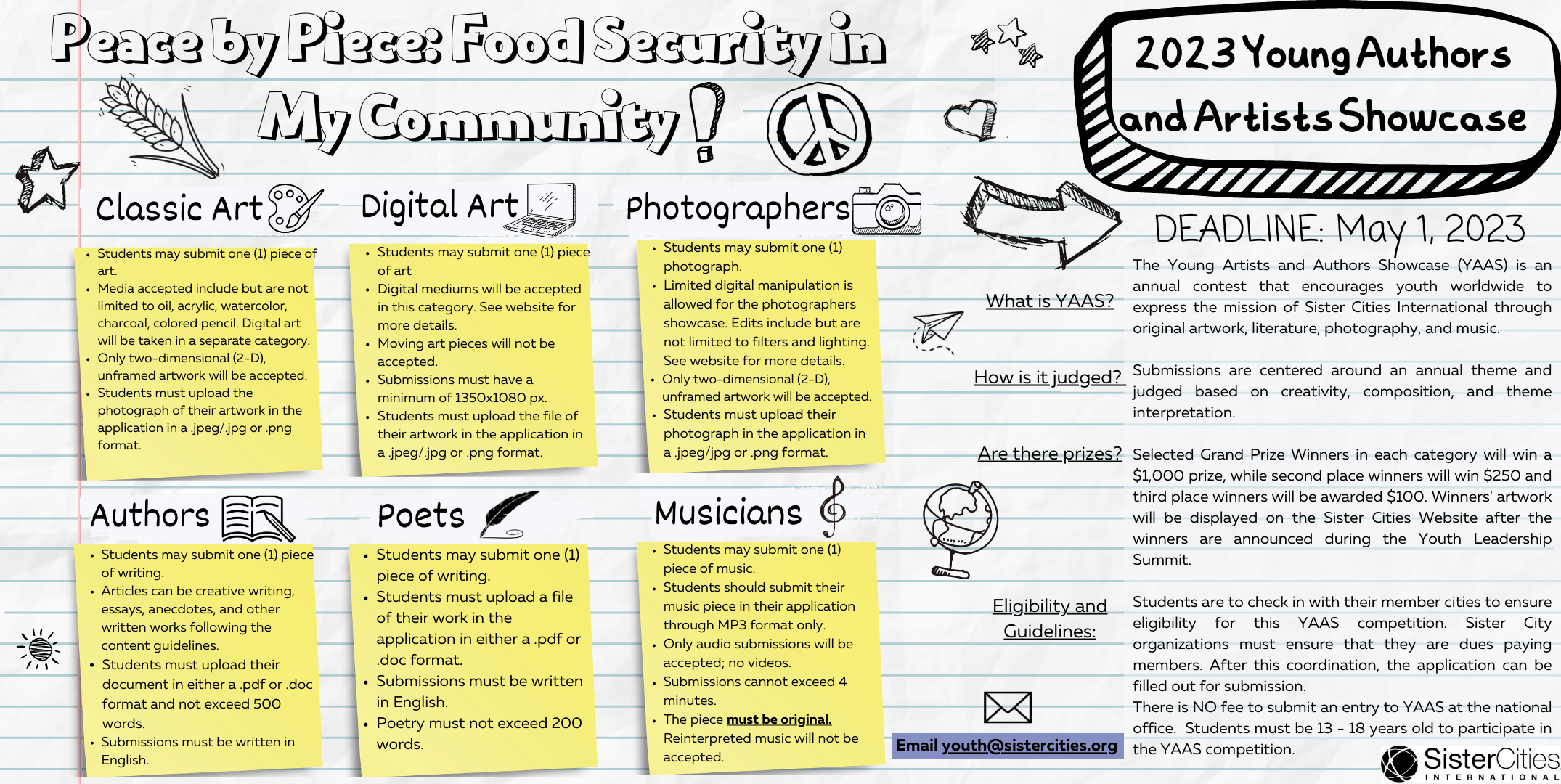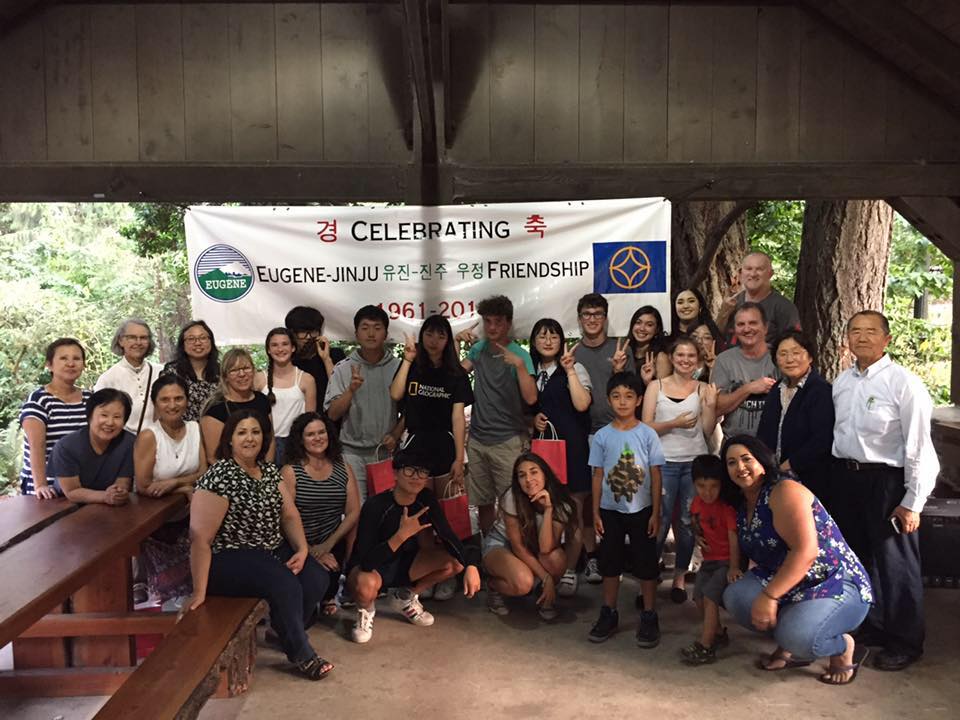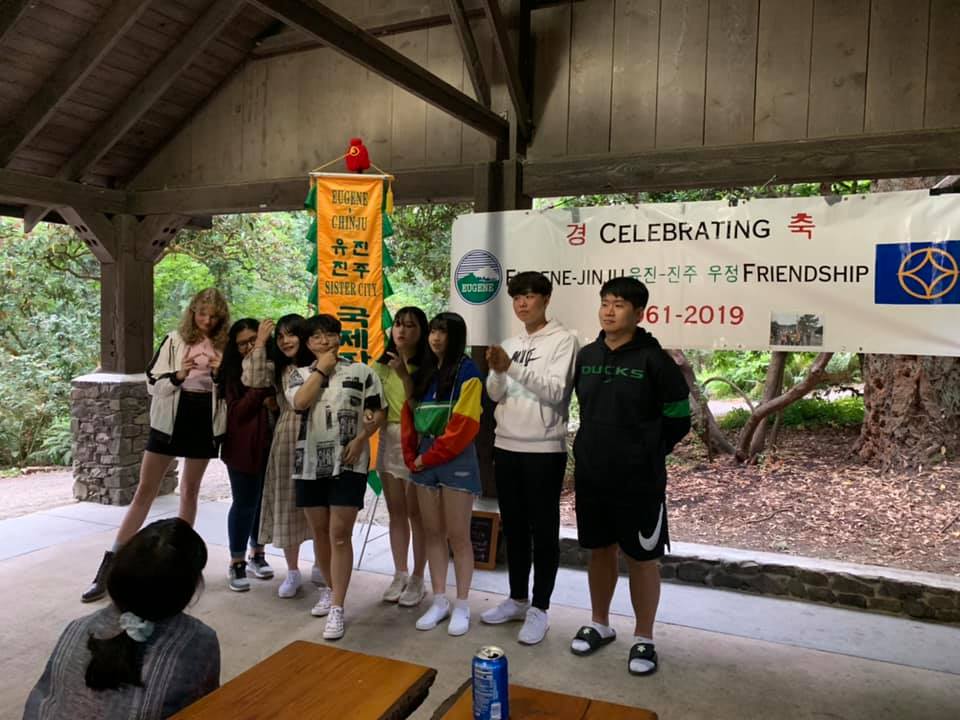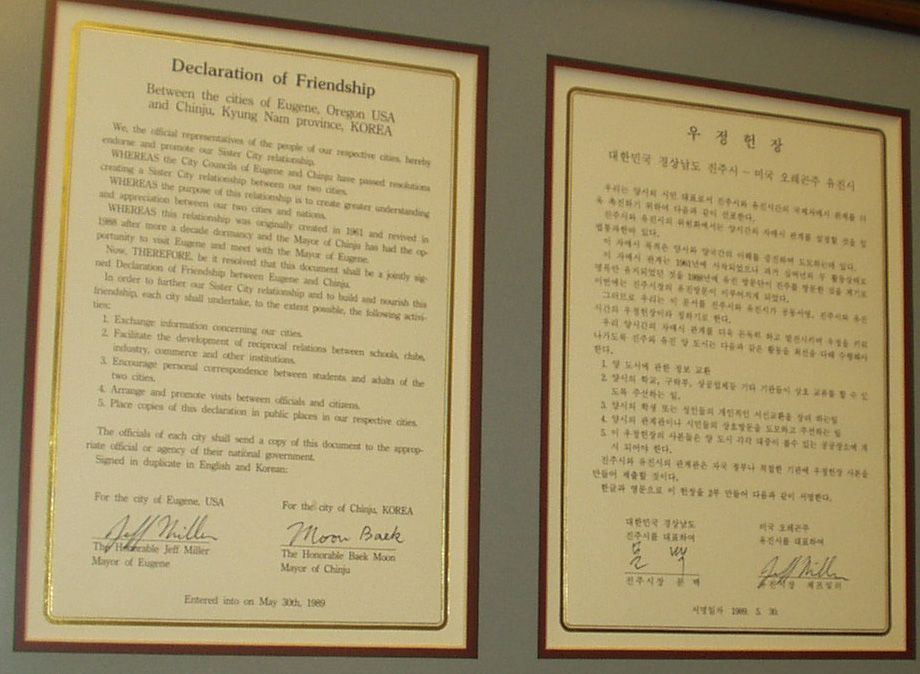Farming and Food Production near Jinju
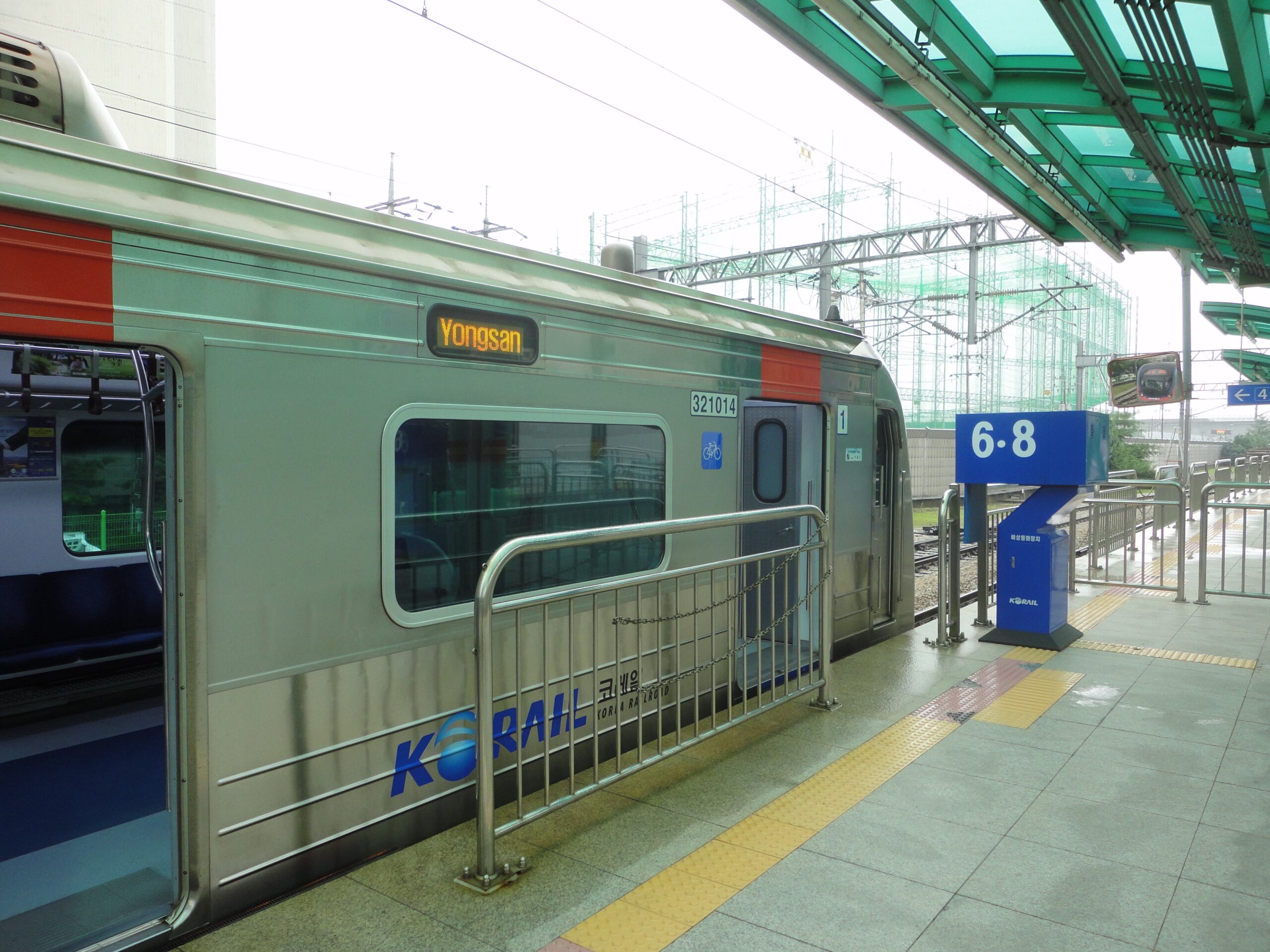
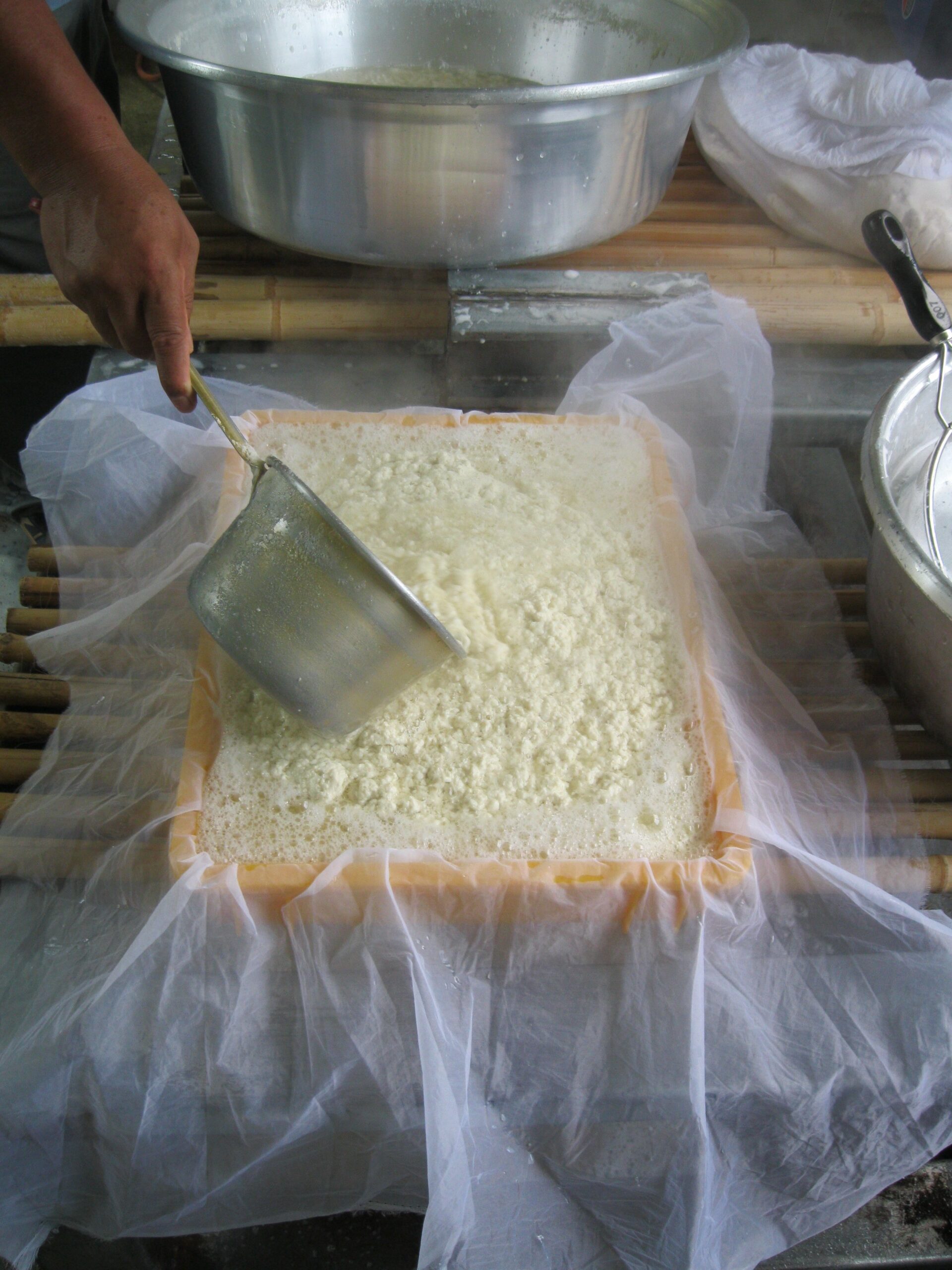
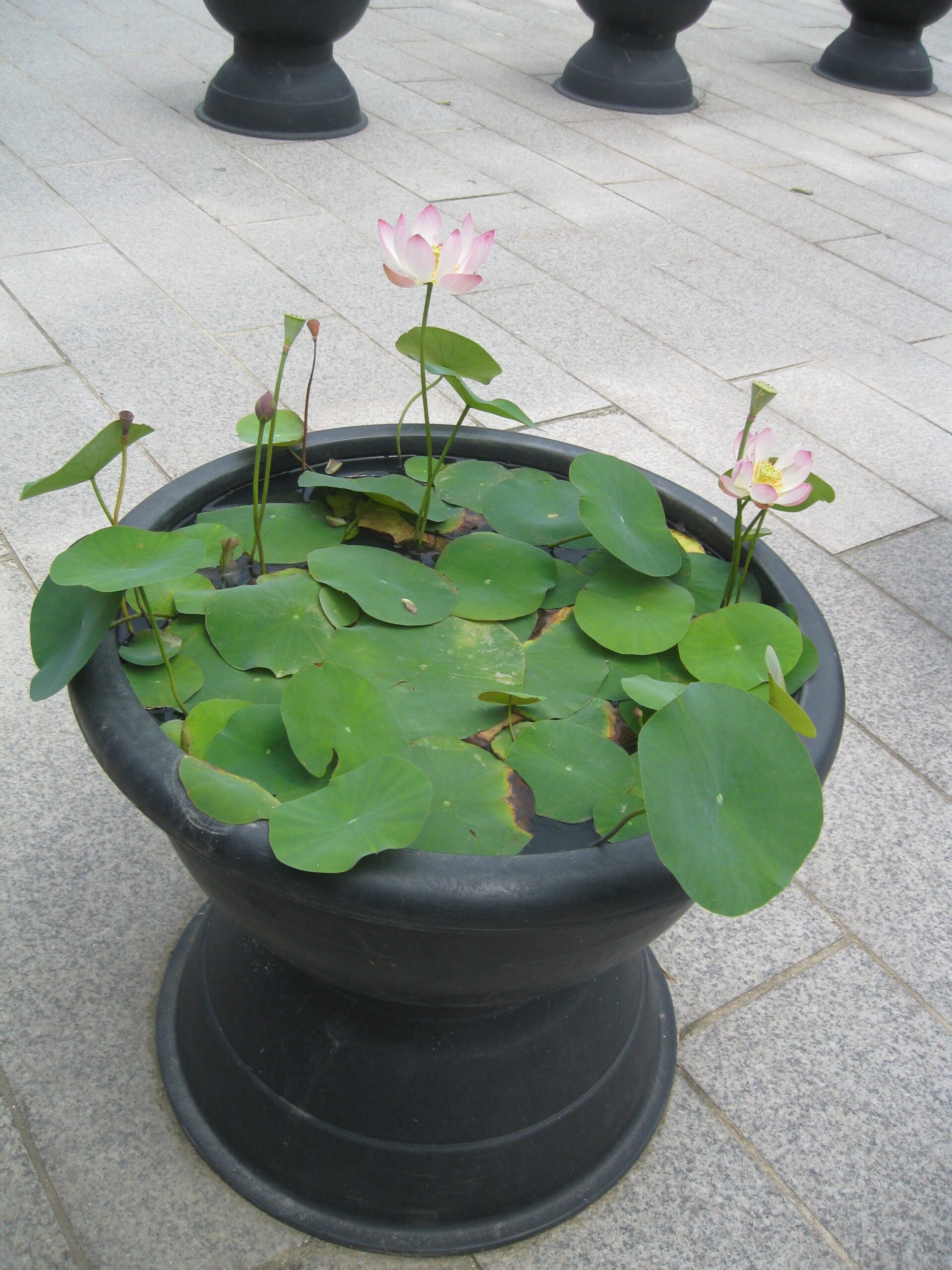

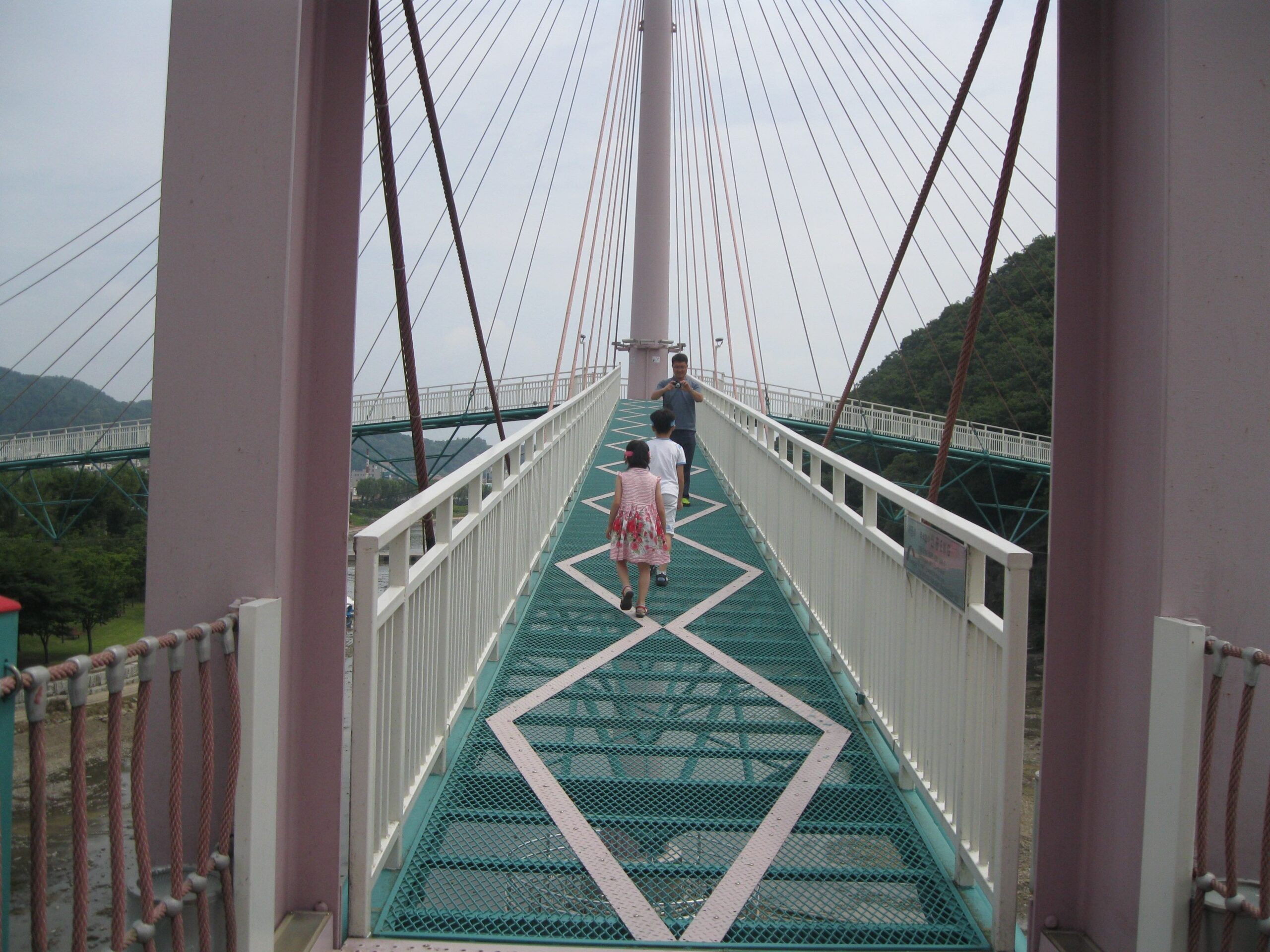
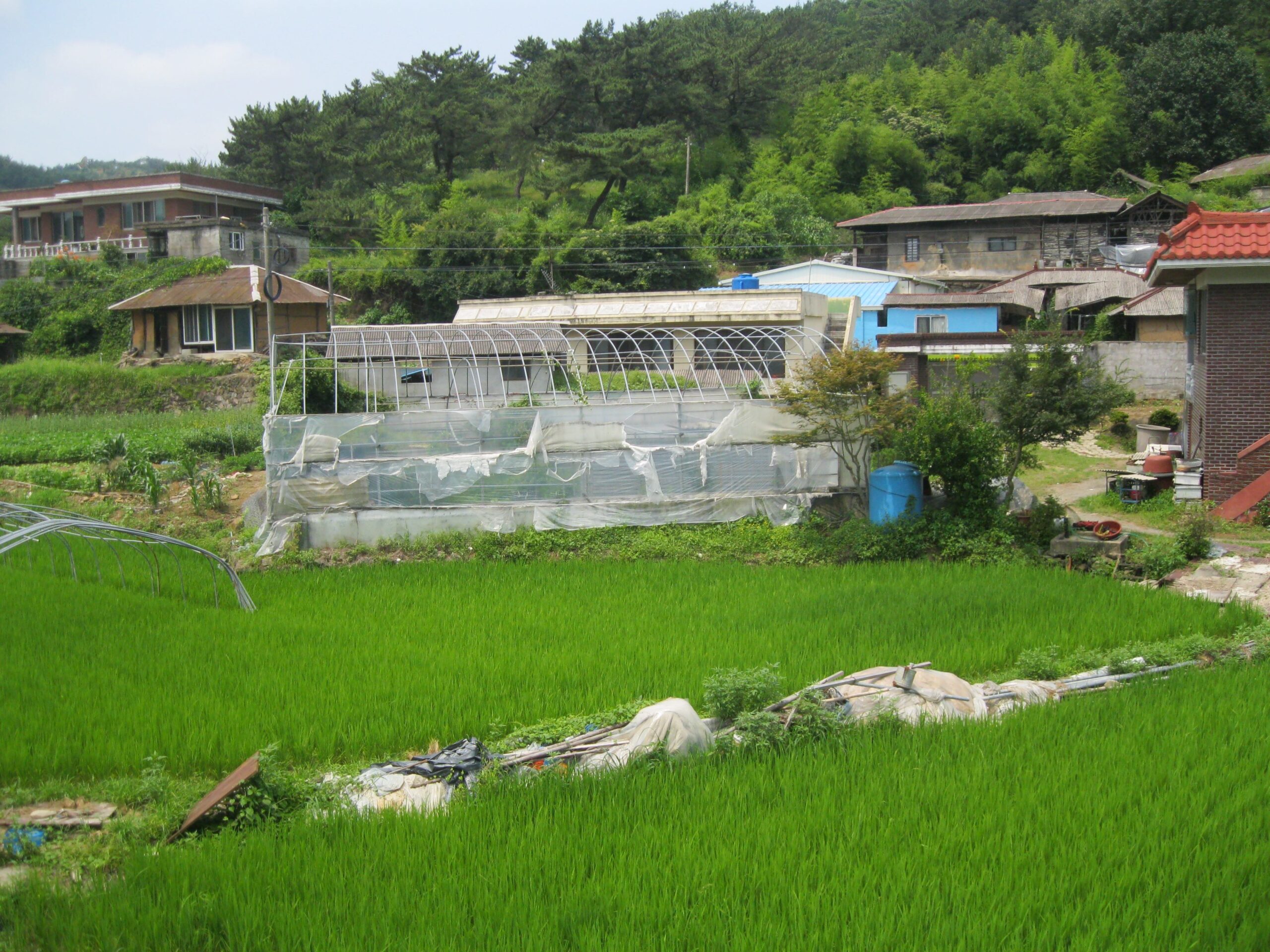
Jinju is a city located in the southeastern region of South Korea. Agriculture has long been an important economic activity in Jinju, with the city being known for its fertile soil and mild climate. The city’s farming industry is mainly focused on the cultivation of crops such as rice, fruits, and vegetables.
Rice farming is a major agricultural activity in Jinju. The city has a long tradition of rice cultivation, and the local farmers use modern techniques to produce high-quality rice. Jinju’s rice fields are mainly located in the rural areas surrounding the city, and the harvest season typically runs from September to October.
In addition to rice, Jinju’s farmers also grow a variety of fruits and vegetables, including strawberries, persimmons, and peppers. These crops are mainly grown in greenhouses or open fields, depending on the type of crop and the season.
Jinju’s farmers use a combination of traditional and modern farming methods to cultivate their crops. Traditional techniques, such as crop rotation and organic fertilizers, are still commonly used, while modern technologies like irrigation systems and precision farming methods are also becoming more popular.
Overall, farming is an important part of the economy and culture of Jinju. The city’s farmers work hard to produce high-quality crops using a variety of traditional and modern techniques, and their efforts help to support the local economy and provide fresh, healthy food for the people of Jinju and beyond.

